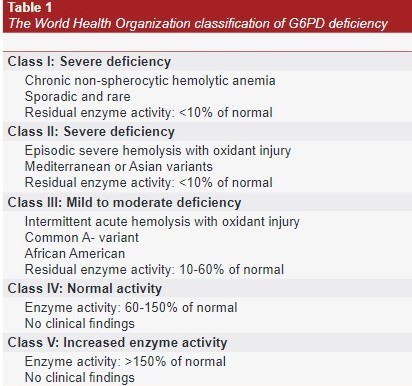Hereditary Red Blood Cell Enzymopathies
Abstract
Red cell metabolic disturbances result in hemolysis, which leads to a significant shortening of the erythrocyte life span. The most common enzyme deficiencies are glucose 6-phosphate dehydrogenase (G6PD) in the antioxidant pathway, pyruvate kinase in the anaerobic glycolysis pathway, and pyrimidine 5' nucleotidase (P5'N) in the nucleotide metabolism. While the X chromosome inherits G6PD and phosphoglycerate kinase deficiencies, other enzymopathies show autosomal recessive inheritance. Although the causes of hereditary hemolytic disorders are diverse, clinical, laboratory findings and complications overlap. A history of neonatal jaundice requiring phototherapy and exchange transfusion is quite usual. Mild to severe anemia may be associated with episodic or constant hemolysis associated with icterus, hyperbilirubinemia, growth retardation, gallstones, splenomegaly, and a variable degree of iron overload. Erythrocyte enzyme disorders should be suspected in patients with severe hemolytic episodes, or with chronic hemolysis, after excluding hemoglobinopathies, membranopathies, and immune-mediated hemolysis.









